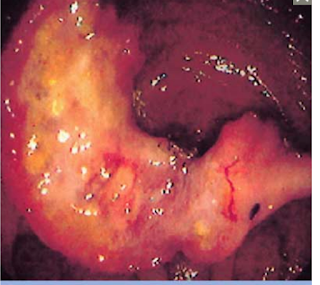Incompetent cervix

An incompetent cervix, also called a cervical insufficiency, occurs when weak cervical tissue causes or contributes to premature birth or the loss of an otherwise healthy pregnancy. Before pregnancy, your cervix — the lower part of the uterus that opens to the vagina — is normally closed and firm. As pregnancy progresses and you prepare to give birth, the cervix gradually softens, decreases in length (effaces) and opens (dilates). If you have an incompetent cervix, your cervix might begin to open too soon — causing you to give birth too early An incompetent cervix can be difficult to diagnose and treat. If your cervix begins to open early, or you have a history of cervical insufficiency, your doctor might recommend preventive medication during pregnancy, frequent ultrasounds or a procedure that closes the cervix with strong sutures (cervical cerclage). Symptoms If you have an incompetent cervix, you may not have any signs or symptoms during early pregnancy. Some women h...

